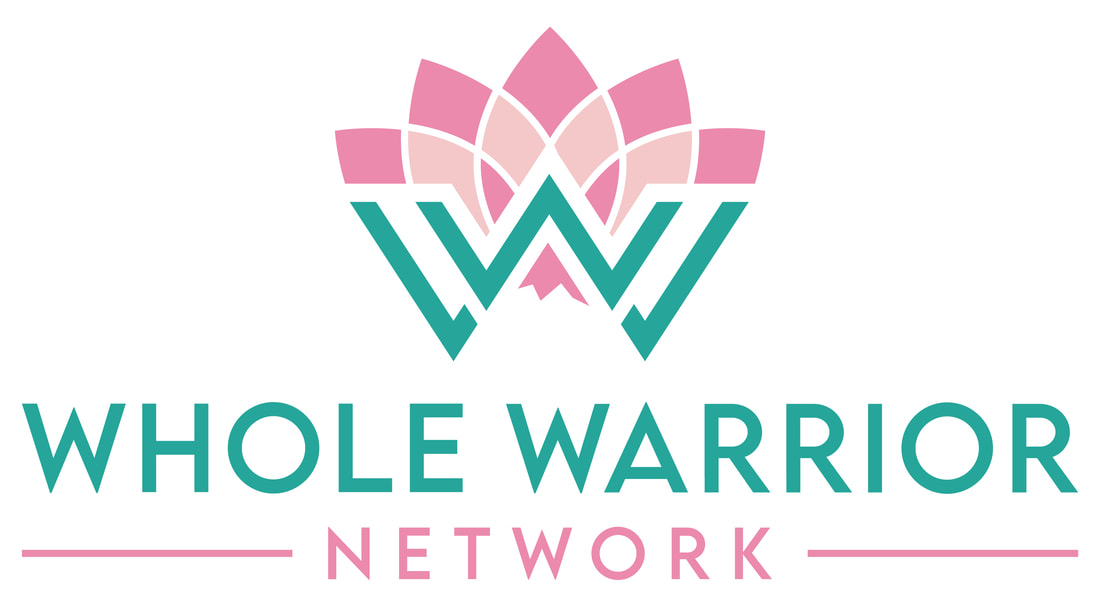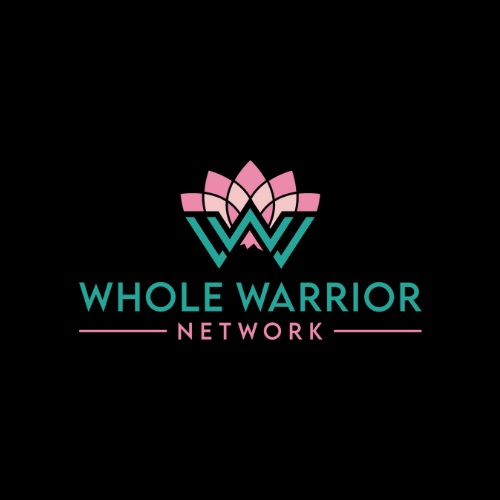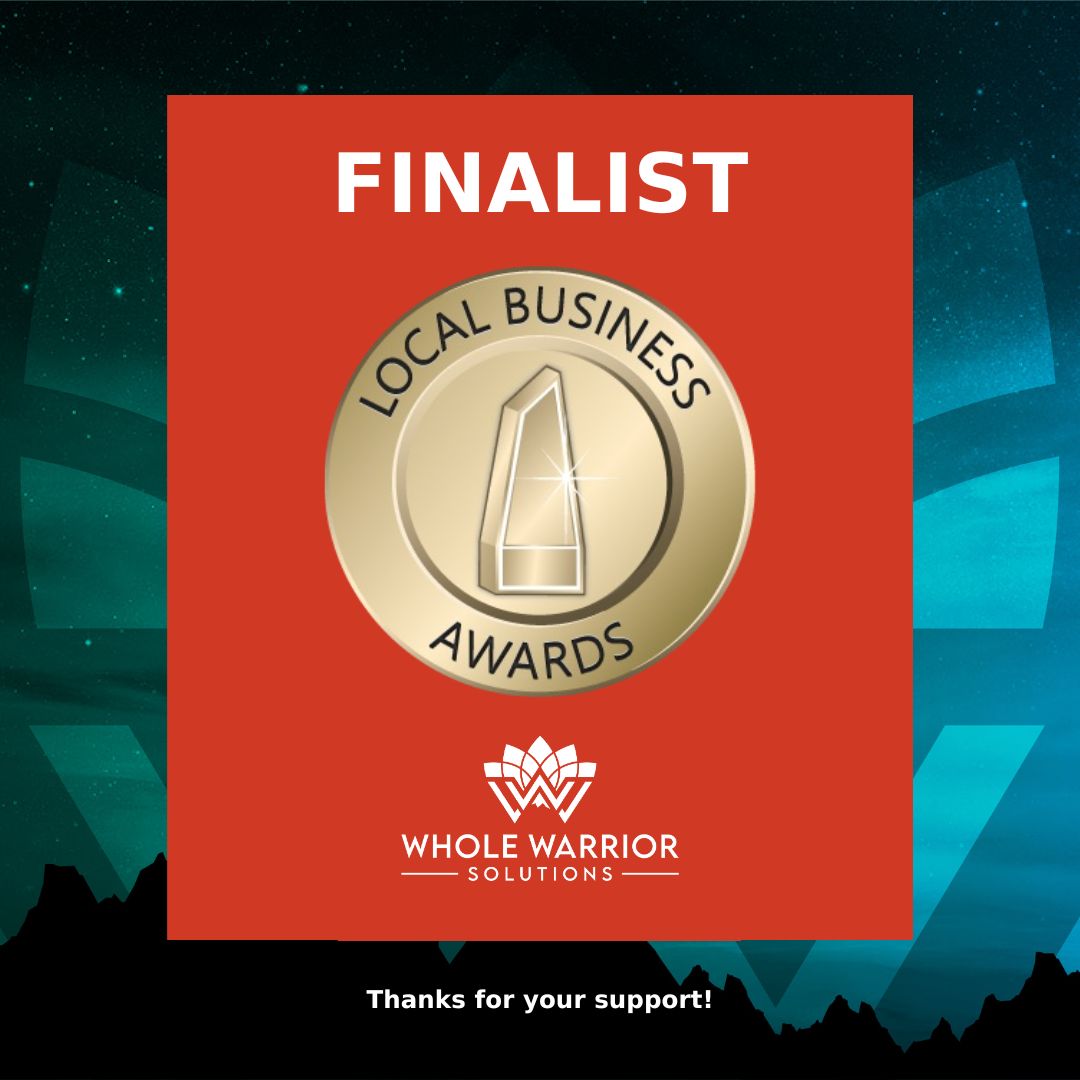|
As an NDIS provider, it's important to prioritise self-care and wellness to effectively help those living with disabilities. Burnout is a common issue in the fields of disability work, social work, community work and nursing. Recognising the signs of burnout is crucial in preventing it, particularly as a busy entrepreneur. Symptoms such as exhaustion, cynicism, and reduced effectiveness can impact both your personal life and your ability to provide quality care to your clients.
To proactively invest in your wellbeing, it's important to make time for self-care activities such as exercise, meditation, and peer supervision. Additionally, attending events such as the Whole Warrior Network Retreat can provide valuable resources and support for NDIS providers. The retreat, taking place from August 24th-27th in the Sunshine Coast Queensland, offers professional development opportunities and a chance to connect with like-minded individuals in the disability field.
0 Comments
Mary appeared almost unrecognisable as she walked down the hospital corridor shuffling her bare feet. She held out her arms. We embraced. She held on and sobbed, and sobbed. Our arms stayed locked until she was ready to release. Mary appeared an empty shell of the lively woman I used to support. Now Mary appeared broken, dishevelled, with matted hair, and wearing someone else's clothing. Mary stared at me with a vacant yet desperate gaze. It was like the life had been sapped from her. Devastated from years of abuse, forcibly separated from her children, deprived of all freedoms in a locked hospital ward. Mary had been scheduled under Section 22 of the Mental Health Act as she had been a risk to herself and her children allegedly.
Listening to Mary recall her ordeal made tears well up in my eyes. Mary described the process of being forcibly detained with six men physically restraining her during the scheduling and jabbing her with a needle - likened to the trauma of a sexual assault. There were no words to console. Sometimes it is the deep understanding of just sitting with the grief, together. We sat and cried. The fact Mary felt safe to share her dark night of the soul with me spurred me on to advocate for her with the hospital social worker and mental health nurse. I attended discharge planning meetings with Mary and committed to supporting her with followup tasks to help her rebuild her life. Mary had no family and really needed support to re-enter society. Whilst Mary stayed in hospital she received a number of labels or diagnoses about her mental health. Forced to attend groups with people living with significant mental health and forensic histories, including schizophrenia, bipolar, borderline personality disorders, narcissistic personality disorders and other's with complex comorbidities and behaviours. Mary described feeling scared living with people not of her choosing, some who were very unwell, gave her death stares, and others who followed her around the corridors. Mary said she stayed in her room to increase safety. Yet was expected to engage in group therapy and activities with people not of her choosing. After a month and much advocacy on my part, Mary was discharged and ready to start a new life. A new chapter, new beginning. Over the next year that I walked alongside Mary, I held space for her. Helped her find a new home, linked her with support workers, cleaner, a gardener, and visited her weekly. The home visits eventually tapered down to fortnightly then monthly. Over time Mary's energy and self-care practices returned, had enough energy and money to meet up in the community, going for walks, meeting for coffee, doing activities together, text messages and phone calls. During this recovery coaching journey Mary integrated trauma, engaged in holistic somatic practices, equine therapy, talk therapy, sound healing, mindfulness and meditation practices in line with her faith. Mary overhauled her concept of good nutrition, exercise, hydration and more. As her wellness and confidence increased I helped her get a part-time job with animals that she loved. I had the grand privilege of witnessing Mary's transformation to wellness! The meaning of life! What is it, how do you find it and when do you arrive at it? The meaning of life is often pondered at times of profound grief. The type of gut wrenching, knock the wind out of you, can't get out of bed for six months grief. Ever been there? Maybe you're there right now. Posturing the circle of life, balancing on the edge of a high place, or laying in the depths of sorrow. To love is often associated with risk of grief.
To love is to become attached to another person or animal. The recent outpouring of sadness for the koalas lost and injured in the Australian bushfires demonstrated Australia's love of our iconic bears. The depth of collective sadness was remarkable. In contrast, what about a parent's private and protracted grief after the loss of an adult child to suicide. Sadly stigma and shame can be a barrier to an outpouring of support for the bereaved. I think about my mother who cared for her husband who lived with the slow progression of vascular dementia for 23 years. At the end of his life she put on his bronze memorial plaque 'My chains are gone!'. It struck me as a remarkable celebration of his freedom and a sign that she had already grieved the loss of the man she loved. The way we grieve is therefore affected by the circumstances. Expressions of grief in some families may not be tolerated in other societies. When my new husband was diagnosed with a terminal illness I'll never forget how I felt. I think I mentioned it earlier...gut wrenching, knock the wind out of you, can't get out of bed for six months type of feeling. Yet he reacted in the opposite way that was foreign to me. Nobody was right or wrong. It's messy, this grief thing. It's intangible and foul smelling if we let it. Complicated grief can happen when it goes on a very very long time. Theorists have debated models of grief for centuries...Freud, Shear, Wagner, Warden to name a few. What seems to affect the way we cope with grief is things like how attached we are to the person, personality, spiritual beliefs, complicating factors like mental health, abuse, culture, social norms and circumstances of death to name a few (Hall, 2011). Grief is a really personal thing. Nurses stepped up a notch when my loved one entered palliative care. The outpouring of empathy, kindness, consideration for the little things was outstanding. It made the whole death thing somehow tolerable. Do doctors crank up the morphine and teeter it to the edge of what some may call euthanasia...so that it is 'a good death'. It spared the patient from the depths of physical pain. Come to think of it I've been present when three loved ones have been in palliative care. The pattern each time was doctors releasing them from suffering. I recall my ethics professor discussing Thompson's famous violinist case...which illustrated when making decisions about life and death always consider is it 'for the greater good'. Quite an ethical dilemma...the euthanasia debate. Which brings me back to the meaning of life. We critically analysed abortion for 13 weeks in my philosophy class...I remember wishing I could do my essay on the ethics of euthanasia because it was more topical for me at the time. In studying ethics, I reflected on the social conditioning and institutionalisation I had been exposed to in my lifetime and how it had impacted my choices. At the end of the circle of life, personally I want to know I have lived a good life? Have I been kind, ethical, responsible, considerate of others in my choices and behaviour. Just being a decent human being, living life for the greater good seems enough for me. Kinda makes me want to start a kindness epidemic with so many doing it tough! Support for grief and loss support is available. #philosophy #circleoflife #bereavement #grief #griefandloss #death #life #meaningoflife #palliativecare #naturaldisasters #bushfires #suffering #euthanasia #resilience #makenewmeaning #loss #griefsupport #griefjourney #griefandloss #love #grieving #mentalhealth #healing #death #lifeafterloss #bereavement #depression #childloss #hope #babyloss #griefawareness #anxiety #miscarriage #support #widow #griefsucks #family #stillbirth #selfcare #griefrecovery #infantloss #pregnancyloss |
AuthorTania Gorry is the founder of Whole Warrior Solutions based on the Central Coast of NSW. Blog Categories
All
Blog Archives
December 2023
|
|
|
|
CONTACT US
Nexus, 3 Amy Close, Wyong NSW 2259, Central Coast, Australia PO Box 200, Wyong NSW 2259 Telephone: 1800 431 506 |
At Whole Warrior Solutions we provide Counselling, Coaching, Consulting and Community Services Australia wide. Established 2018
Empowering futures! Founder of Whole Warrior Network @wholewarriornetwork #ndisnetwork Established 2019 |
(C) Copyright 2018-2023 Whole Warrior Solutions | All rights reserved | ABN 59 941 852 312 | Privacy | Disclaimer


 RSS Feed
RSS Feed





